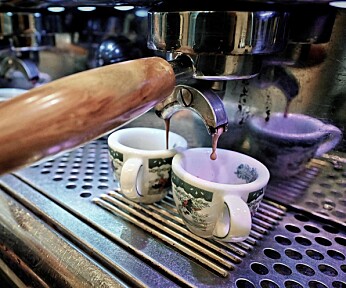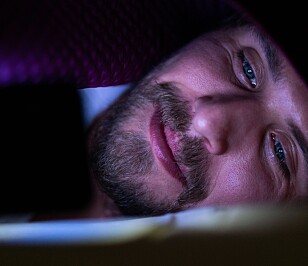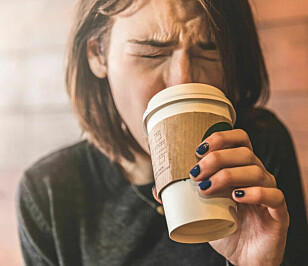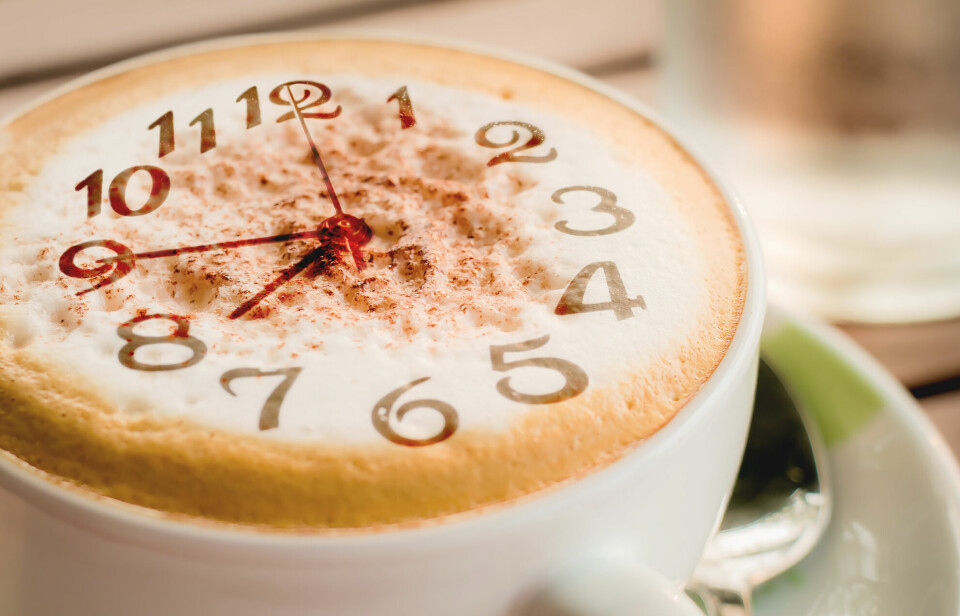
What time of day should we drink coffee to get the best effect?
The conventional wisdom is not too early and definitely not too late. But what’s actually ideal?
For many, coffee is a necessity to start the working day. Not without reason — it makes us a slightly more energetic version of ourselves.
But how should we mete out our coffee intake to get the most out of the caffeine?
The body works on its own to wake up
You may have heard that the body should be left in peace as it wakes up in the first part of the morning, without you gulping down caffeine.
There have been reports about the hormone cortisol and the body's natural awakening process. And that caffeine can disrupt it.
Try googling it yourself: ‘What time of day should I drink coffee?’.
Here’s an answer from the website kaffegeek.no:
‘(...)It is therefore recommended to drink coffee when cortisol levels are on the way down, which begins 3-4 hours after waking up. This means that you should not drink your first cup of coffee until 9 o'clock if you get up at 6 am. If you cannot wait that long, you should wait at least one hour.’
Kaffegeek also writes that you should consume a cup around 1 pm to avoid a crash at 2 pm, if you want to account for the fact that cortisol levels vary throughout the day.
Not sure why you have to wait so long
We asked Professor Olav Spigset if there’s any scientific basis for this assertion.
He works at the Department of Clinical and Molecular Medicine at the Norwegian University of Science and Technology (NTNU) and is also senior physician at the Department of Clinical Pharmacology at St. Olavs Hospital.
“Yes, there is a bit of truth to this. But I don't quite know why a person should wait so long to have their first cup of coffee. I can't see anything really rational behind it, although you perhaps get a slightly stronger stimulating effect from a cup if you wait a little,” Spigset said. “I have a relatively relaxed relationship to this.”
When sciencenorway.no talks to him at 9 o'clock one morning, he is sipping his first cup.
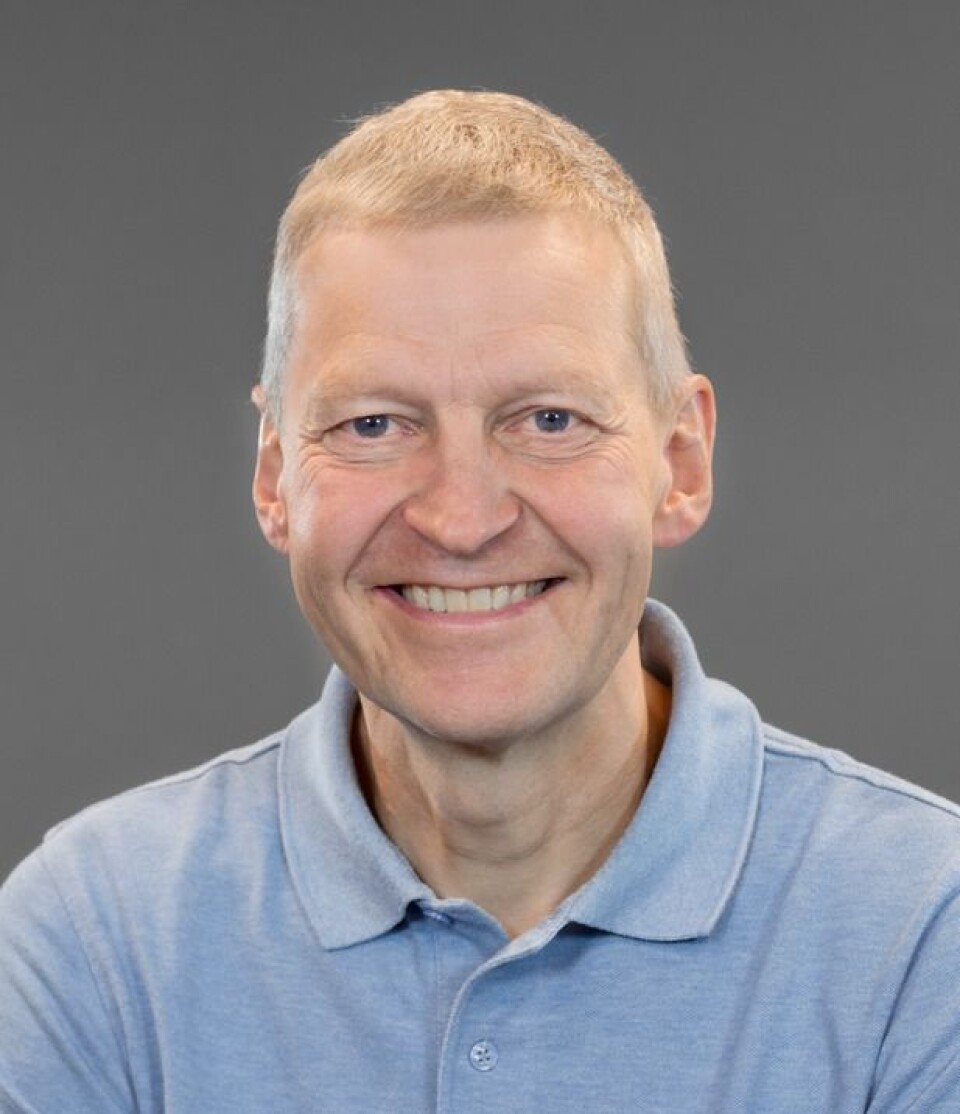
Drink coffee when the need arises
People can simply have coffee when they feel the need, says Spigset.
Yesterday’s dose of caffeine is gone from the body by the following morning.
“And if you experience a certain amount of abstinence, the time will be right,” he says.
But wait a minute. Abstinence? Isn't that just something people joke about when it comes to caffeine — aren't withdrawals something we normally associate with stronger drugs?
Weekend withdrawal symptoms
Caffeine withdrawals are modest, compared to substances that are much more addictive, the professor says, such as nicotine or illegal drugs.
But in principle caffeine addiction is a little worrying, he says.
If you drink caffeine regularly and heavily, you may experience withdrawal symptoms when you stop. The more you drink, the stronger the withdrawal.
“If you drink more on weekdays than on weekends, you can get a headache on Saturday if you don't drink as much as you usually do,” he said.
Fortunately, you can fight the physical addiction.
“The physical addiction goes away within two or three days without coffee,” Spigset said.
But then, of course, the mental addiction can linger, he adds. In other words, you miss the comfort of coffee.
“We can call it an addictive substance that has a very modest addictive effect,” he said.
Too few hours in the day
For most people, the benefits of coffee probably outweigh the disadvantages. Because coffee can make it a little easier to get through a hectic every day.
Most people have a circadian rhythm that is a little longer than 24 hours, Spigset said.
“Then a little stimulation from caffeine can be an advantage. The day really is a little short for most of us,” he said.
The average circadian rhythm is somewhere between 24 and 25 hours, he says.
Your body consequently tries to shift the clock by roughly one hour per day, Spigset said. In sum: You go to bed too late and are tired in the morning.
Then the question becomes how long throughout the day you should continue to drink coffee. The answer here is a bit more individual.
Drinking coffee when you get a little tired at two o'clock can at least be smart, according to Spigset.
The 2 pm slump
“If you feel a little energy slump at 2 pm, you can have a cup of coffee then,” Spigset said.
“The biggest point is to taper off or end your consumption at some point in the afternoon or early evening. It depends a little on how quickly your body breaks down the caffeine,” he said.
This means that you and your colleague should perhaps make the last trip to the coffee machine at different times.
You simply have to be careful not to be so geared up by your caffeine consumption until late in the evening, because it can quickly interfere with your sleep.
Do we ‘borrow’ energy from later in the day?
But where does the extra energy that we get from coffee come from? Are we actually ‘borrowing’ energy from a kind of internal bank if we drink a lot of coffee early in the day, so that we get tired more quickly later on?
“There is more ‘no’ than ‘yes’ in the answer to that question,” Spigset said. “It's not like the sum of how awake and alert you are is a daily constant.”
You aren’t less alert in the evening because you drank coffee in the morning, he says.
“So you don't really borrow energy from later in the day. You get an extra effect, quite simply,” he said. “But what can happen with increased intake is that you end up experiencing withdrawal when you stop.”
How does caffeine affect the body?
If there’s no energy bank that’s being emptied, what actually happens in the body when caffeine flows through your veins?
“Caffeine inhibits, or blocks, the effect of a substance called adenosine,” Spigset said.
This substance affects sleep and how awake or alert you feel.
In the brain, caffeine can make itself felt by making you feel restless, anxious or sleep poorly if you drink too much.
But it’s not just the brain that is affected.
You can feel the effects in your stomach, for example in the form of acid reflux. Or you may notice that your heart rate increases.
“Some people can develop an irregular heartbeat from caffeine,” Spigset said.
In other words, if you have had heart problems, acid reflux or anxiety before, these problems can be made worse by caffeine. If you notice this happening, it might be smart to switch to decaffeinated coffee.
Does caffeine increase our metabolism?
You may have heard that caffeine increases our metabolism.
“The effect is so small that it’s nothing to worry about,” Spigset said.
However, caffeine can make you feel your performance is a little better when you’re exercising.
“But you don't burn any more calories for that reason. You just get to the finish line faster,” he said.
Coffee is therefore not a weight-loss substance.
“Studies have been carried out with athletes on a treadmill. They run a little faster over ten thousand metres compared to athletes taking a placebo,” he said. “For most exercisers, the effects on the body are so modest that it hardly matters.”
Good in moderation
It seems that coffee is one of the very few drugs that remains free of serious side effects.
One 2017 study gave the green light to three to four cups a day.
But some studies still point to a few negative aspects from caffeine, in addition to poorer sleep.
A 2021 study showed that moderate coffee intake can be good for you. At the same time, the researchers found an increased risk of an abnormal heart rhythm from the lower part of the heart. When that happens, it can feel like your heart is skipping a beat.
Yes, you feel more awake. No, you won't get better at driving
Caffeine makes the day a little brighter. But it’s no miracle cure.
Another study that looked at the difference between caffeine and a placebo in 2021 found that caffeine may not work as well as many people think.
Spigset says it’s undeniable that caffeine will make you feel more alert. But you probably won't get better at solving complicated tasks. This means that if you are really tired, it’s still a bad idea to drive even if you drink three cups of coffee.
A little disappointing, perhaps: but caffeine will never be a substitute for sleep, regardless of the time of day when we have our first and last cup.
Translated by Nancy Bazilchuk
———











